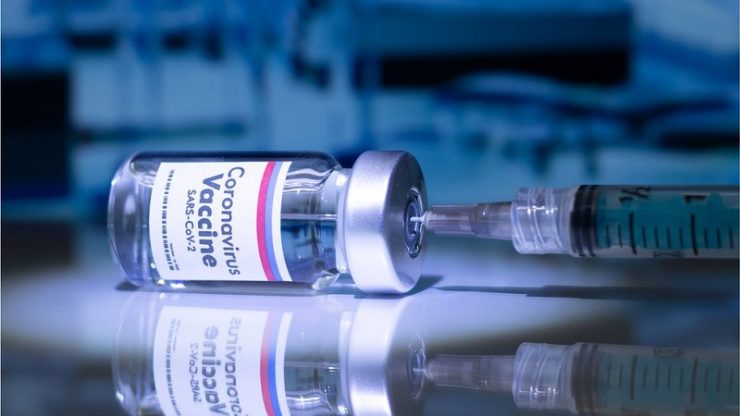THE World Bank cut its forecast for global economic growth to 4% this year due to a spike in coronavirus infections and a slow launch of vaccines.
At some point, the world economy is still on the path of recovery from last year’s recession and it may take longer to reverse its divergent-than-expected circumstances. The International Monetary Fund (IMF) will update its economic forecast this week.
A double-dip recession is expected in Japan, the euro area and the UK, as restrictions to stem the spread of the virus are put in place. Record cases in the United States (US) depressed retail spending and labor recruitment, prompting the new administration of President Joe Biden to seek additional fiscal stimulus worth US$1.9 trillion.
Only China has managed to experience a V-shaped recovery after containing the outbreak early, but even consumers remain wary as parts of Beijing are closed. The high-frequency indicators tracked by Bloomberg Economics point to a tough start for the world economy this year.
“It is a reflection of the harsh reality that before the widespread spread of the vaccine, returning to normalcy was an unlikely prospect,” said Tom Orlik, chief economist at Bloomberg Economics.
These are the worrying projections facing policymakers after the US$12 trillion fiscal support followed by the printing of money by the central bank failed to bolster the recovery.
However, the market continues to show optimism. Even as the economic outlook darkens as the weeks of 2021 pass, financial markets have continued to strengthen on optimism that government stimulus and vaccine launches will drive recovery. Global stocks hit all-time highs last week.
Imbalances are likely to emerge in statements by global leaders including Chinese President Xi Jinping, French Prime Minister Emmanuel Macron, German Chancellor Angela Merkel and others, who will speak at the World Economic Forum (WEF) January 25 to 29 virtually.
The US, UK and EU are sending vaccines to other countries, setting up a scenario in which some parts of the world achieve herd immunity while others fall behind, particularly poorer countries.
The World Health Organization (WHO) will warn wealthy countries that their economies can suffer unless efforts are made to help developing countries accelerate vaccination programs.
If vaccine rollouts in poor countries keep up with current rates, developed countries will face production losses of up to US$2.4 trillion from their annual gross domestic product before the pandemic. According to WHO, this was due to disruptions to trade and supply chains.
“Even though there is light at the end of the tunnel, there is still a long and arduous road ahead before we exit,” said Erik Nielsen, group chief economist at Unicredit SpA.
Meanwhile, hope now rests on the shoulders of the vaccine-related authorities, to stop transmission and sterilize the threat of a new variant of the virus that is spreading faster.
The provisions of loose monetary policy and the hope that the government will not withdraw support too early will also help.
Lockdowns and restrictions also appear less likely to have an adverse economic impact this time than last year as consumers and businesses have found ways to adapt. Meanwhile China’s leadership in global recovery shows what is possible once the virus is brought under control.
“The first quarter will be worse than we expected. But we are seeing a recovery that is delayed, not slipped,” Shaun Roache, Chief Economist for Asia Pacific at S&P Global Ratings in Singapore concluded. [antaranews/photo special]
















